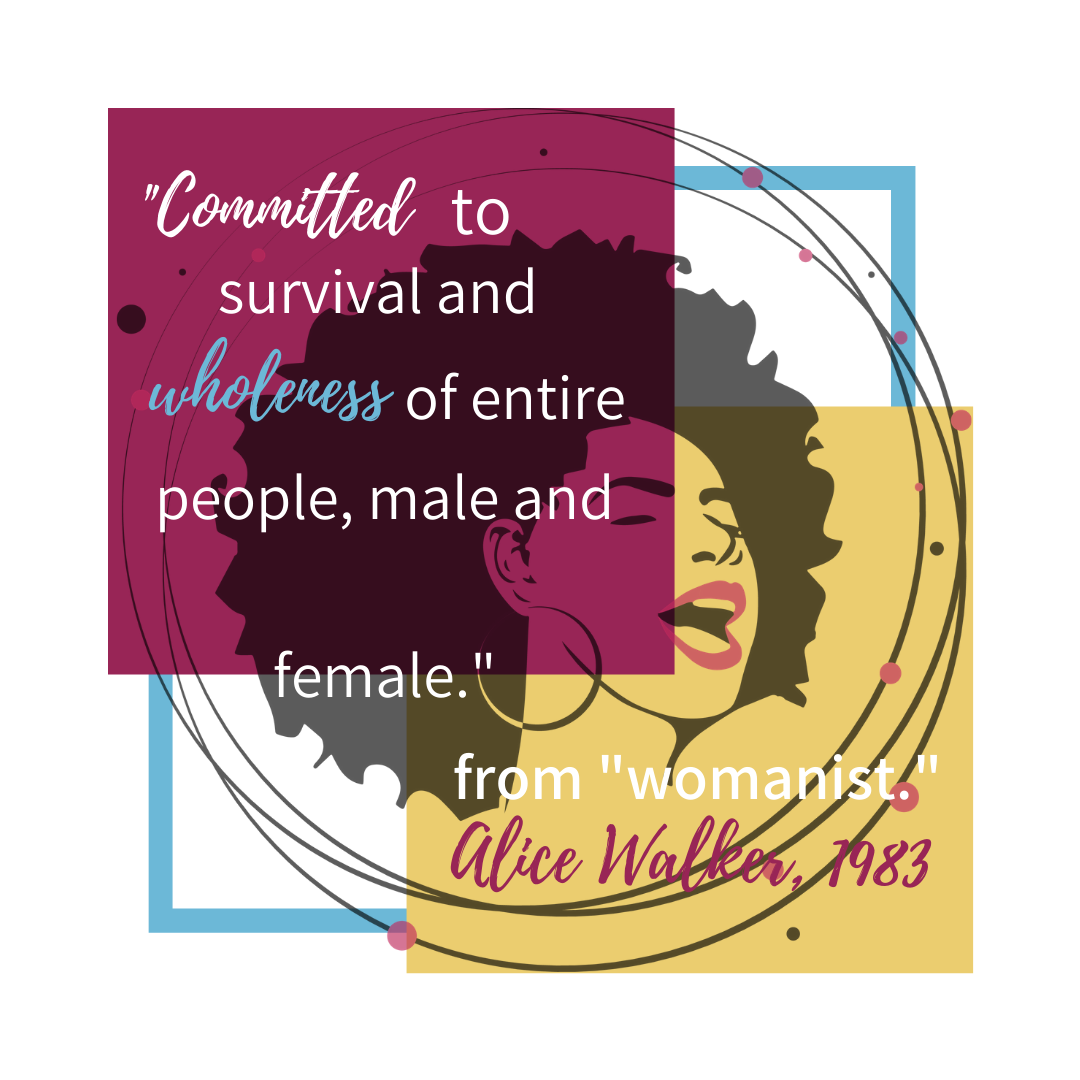
In 2015, I had a farewell dinner with a friend a few nights before I left Louisville. As we sat inside a dark restaurant filled with families but better suited for couples, awaiting our order of Indo-Chinese fusion dishes we had never heard of, my friend asked, “You’ve been doing research on religion and sexuality among black women, right?”
I was pursuing a master’s degree in Pan African studies at the time, and she, a doctorate in psychology. We had talked about our research interests broadly, but our conversations about academia usually focused on our university’s or programs’ shortcomings, not our current research projects. Which is to say, my friend’s question was unusual, and she had not uttered it with the practiced tone an academic in a field outside of her own normally uses to feign polite interest in another’s work.
“Mmhmm,” I replied, nodding.
My friend took a deep breath and, her slim fingers fidgeting with the bracelets that adorned her wrist, she told me she had been thinking about my research interests because, at 36, only a year older than I was at the time, she found herself in her first committed relationship since a divorce four years prior, certain that she wanted to have sex with her significant other, not sure she wanted to get married again, ever, and lacking anyone in her Christian circle to talk to about her dilemma.
I understood. She and I had been taught and she had accepted abstinence until marriage, and what do you need to consider after that? No one marries with the expectation of divorce. But there she was, a gorgeous woman, in love, as aware as any soon-to-be psychologist should be of her existence as a sexual being, a Christian who wanted to follow God’s will, and a friend terrified of judgment.
I could hear her fear and nervousness in the speed at which her words rushed out, see it in the way she bit her lip, in the slight hunching of her shoulders and folding in of her chest, like she was protecting her vital organs from damage. Bracing from condemnation’s blow.
“Maybe it’s just the desire talking, but I don’t know. I’m not ready to shut my sexuality down. Without it, I just don’t feel … whole.”
You know, I had used the words “whole,” “wholeness,” and “holistic” repeatedly in my final paper the previous year for Religions of the African Diaspora.
As Lee Miena Skye states, “The search for wholeness is intrinsic to womanism.”
… according to Arisika Razak, a woman’s “freedom to worship the sacred as [she knows, names, and experiences] it” is an important aspect of womanism’s “holistic tapestry of liberation.”
Womanism “promulgates a holistic framework that incorporates cultural, historic, personal, sexual, and spiritual perspectives, and recognizes individual and collective needs for self care and healing.”
… Black women who want to bring their whole selves to the pew …
Wholeness is something young Black women appear to be seeking desperately
But until that dinner conversation, I had pretty much considered my research “me-search.” I had questions about religion, faith, spirituality, my black woman’s body, and sex; I looked for answers. I found some bloggers and Twitter users with similar questions, but my me-search wasn’t really about anybody I knew. What clicked for me that night was that I wasn’t alone, I wasn’t crazy, and that other black women needed more judgment-free spaces where we could explore our questions about religion, faith, sexuality, and what it means to be whole.
In 2019, I created one such space. The other day, I was talking with another friend (over lunch this time) about why I did it. Why, when I could have been doing a hundred other things, did I put my time, money, and energy into launching an e-course? I talked to her about what I believed in my 20s, my challenges with faith and sex, shame and body image, fear of damnation and wanting to walk with God. At some point she said, the purity culture and respectability politics, the patriarchy. She ended up saying, “I think we often create what we needed for our younger selves. It sounds like that’s what you did.”
She’s wise. I totally agree with her. That’s what my research/me-search, blog, and memoir- and essay collections-in-progress have been about, all of the above aspects plus blackness, womanhood, purity culture, respectability politics, and how they all fit together and affect us in deeply personal and intimate ways.
I’m bothered that the need for this space remains even in 2019, the end of the first decade of the 21st century. This year, black celebrities boasted about doing purity checks on their daughters. No word on what they do to their sons, which is why I know a lot of us are still carrying the misogyny, patriarchy, and white supremacy that have led black parents to fear and punish the “fast-tailed girl” while simply making sure their boys have condoms. I can only imagine how ashamed and violated the young women whose hymens the internet was discussing felt. I know the shame, silence, and secrets perpetuated by purity culture–whether or not its compounded by toxic and restrictive theology–are still hanging around, too. And shame, silence, and secrets are enemies of wholeness.
A healthy and confident sexuality (even if you’re asexual) is intrinsic to wholeness. The pursuit of wholeness is intrinsic to liberation.
One day, I hope black women won’t need the space I’ve created. I work to reaffirm our resilience for life in a world that seems it will continue to hate us, even as I hope my work leads to not needing me at all.

Recent Comments